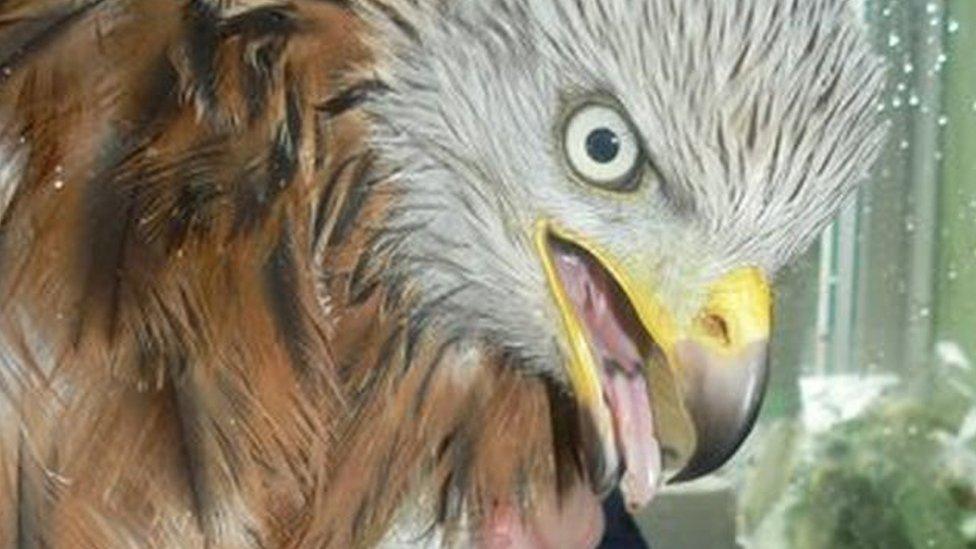Nearly 500 attacks on birds of prey in five years
- Published
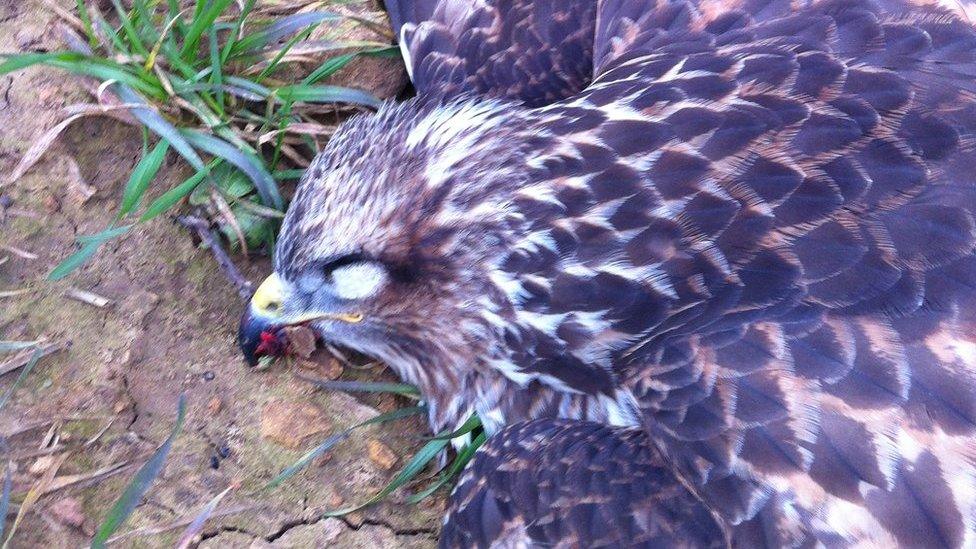
The birds, including buzzards, were shot, trapped or poisoned between 2012 and 2016
Nearly 500 illegal attacks on birds of prey have been reported in the UK over a five-year period, the RSPB has revealed.
The charity said the attacks were recorded on raptors, including red kites, peregrine falcons and buzzards, that were shot, trapped or poisoned between 2012 and 2016.
North Yorkshire had the highest number of incidents during the period with 54.
A RSPB report, external said it was related to "driven grouse shooting".
In Birdcrime 2016, the charity also said there had been 81 offences last year and it was "the first time in 30 years" no prosecutions were brought.
Nearly two-thirds of those attacks, which comprised 40 shootings, 22 poisonings, 15 trappings and four other incidents, took place in England.
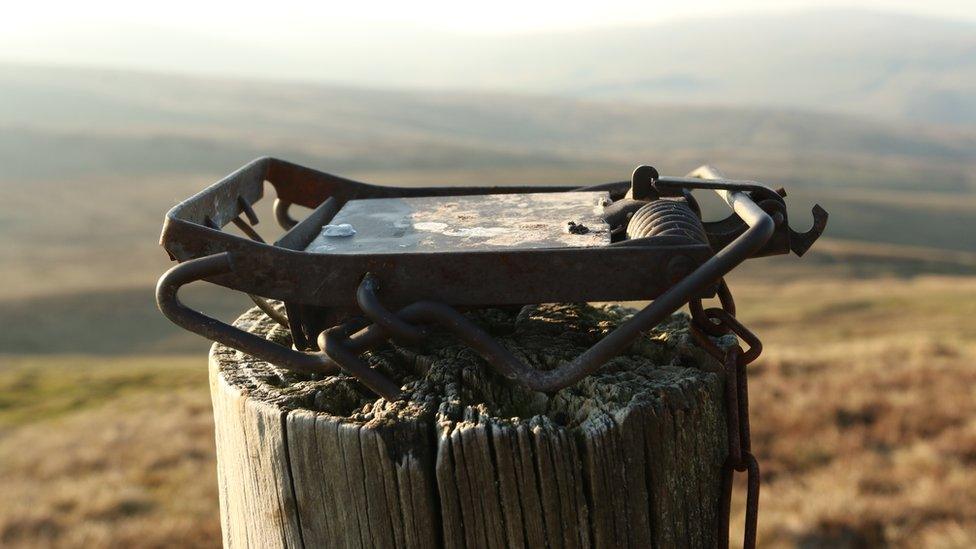
Birds of prey, which are protected by UK law, have fallen victim to illegal traps
"Of particular concern are raptors targeted in the uplands, especially on land managed for driven grouse shooting", the report said.
"Many raptor persecution crimes go undetected and unreported - the incidents we know about are just the tip of the iceberg."
The RSPB said it had a "particular concern" for birds of prey in North Yorkshire, with 19 offences reported in 2016 alone.
Last year, four buzzards and four red kites were shot, while two other red kites were poisoned. A peregrine was also shot, a buzzard's nest destroyed and there were seven other incidents of illegal spring traps being used in the county.

Worst UK counties for reported bird crimes, 2012-2016
North Yorkshire - 54
Scottish Borders and Powys - 22
Aberdeenshire - 20
Norfolk - 19
Down - 18
Angus - 17
Derbyshire - 16
Cumbria - 14
Highland - 13
Perth & Kinross - 12
Source: RSPB

The RSPB has called for better enforcement of the law and an introduction of "a licensing system for driven grouse shooting".
Bob Elliot, head of investigations, said the crimes had "serious consequences" for the populations of birds.
Insp Jon Grainge, of North Yorkshire Police, said: "We recognise the issue of raptor persecution within North Yorkshire, and are actively working closely with the RSPB, our National Parks, and other agencies, including the Moorland Association towards combating this problem."
The Countryside Alliance said there was no need for further legislation as there was no proof it would work.
"We can work together to stamp out wildlife crime," a spokesman added.
- Published2 October 2017
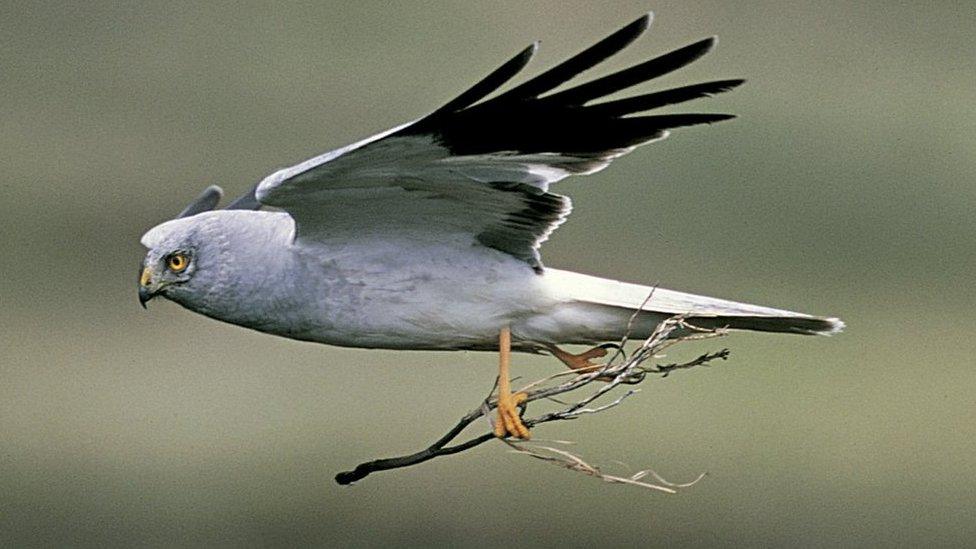
- Published9 April 2017
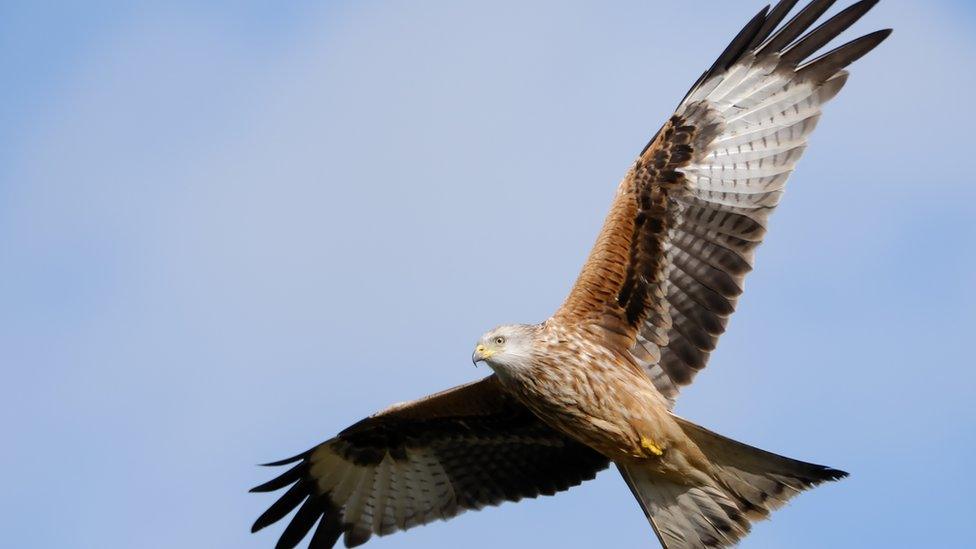
- Published27 March 2017
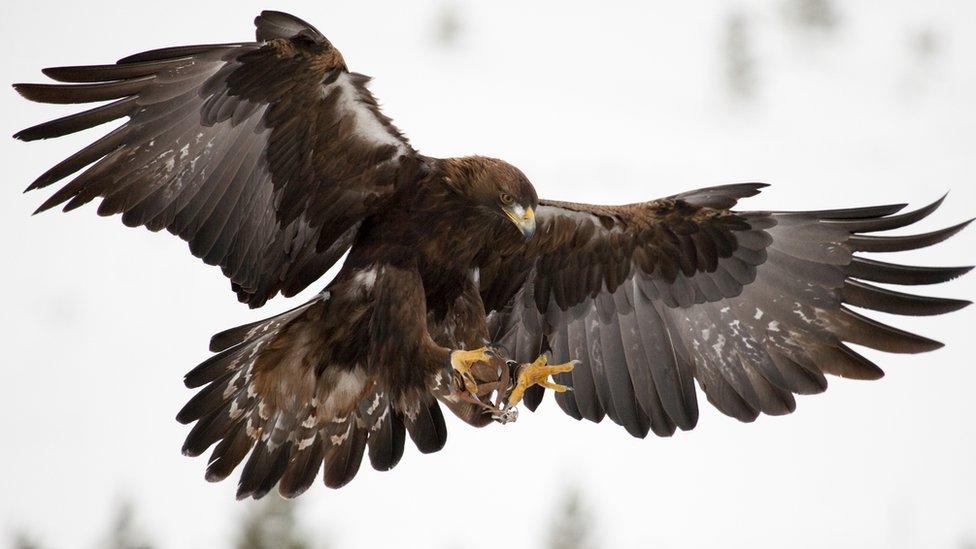
- Published1 September 2016
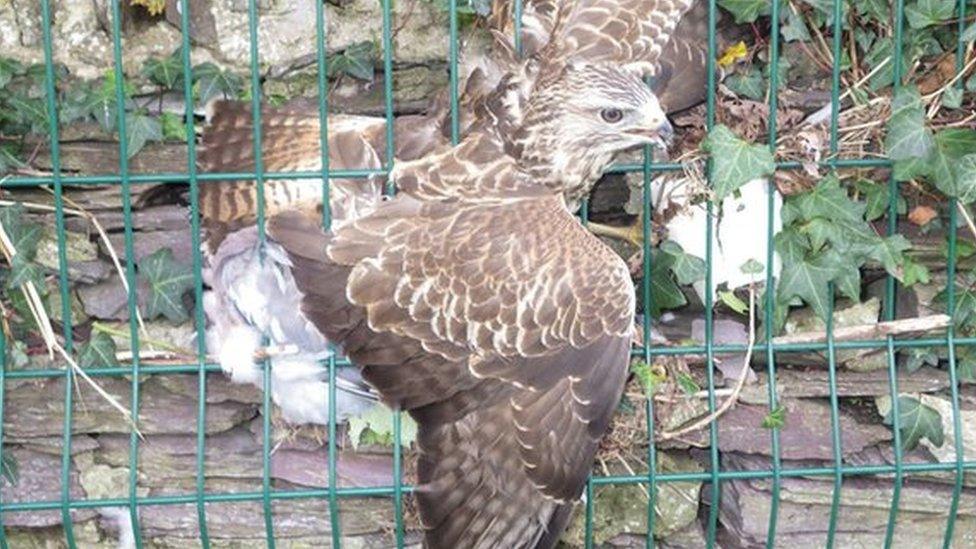
- Published24 May 2016
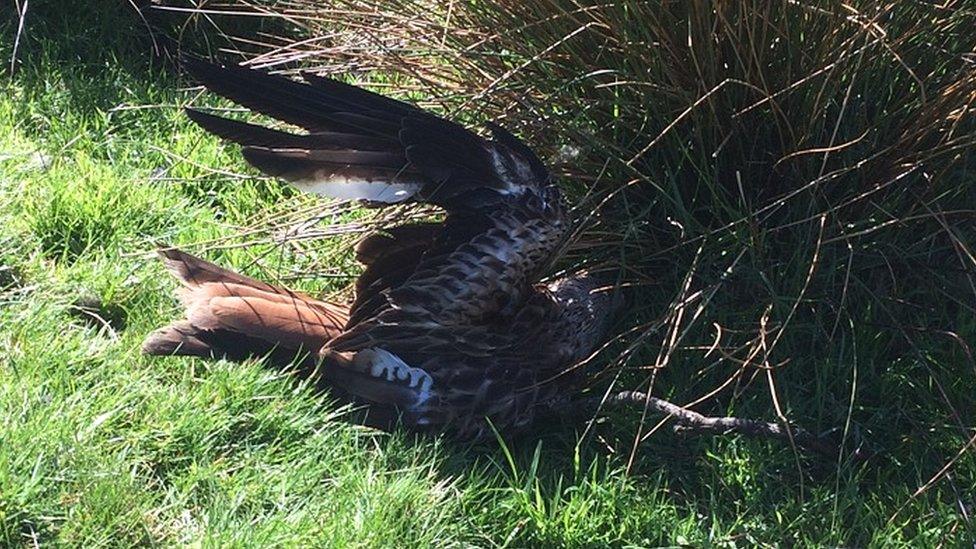
- Published1 April 2016
